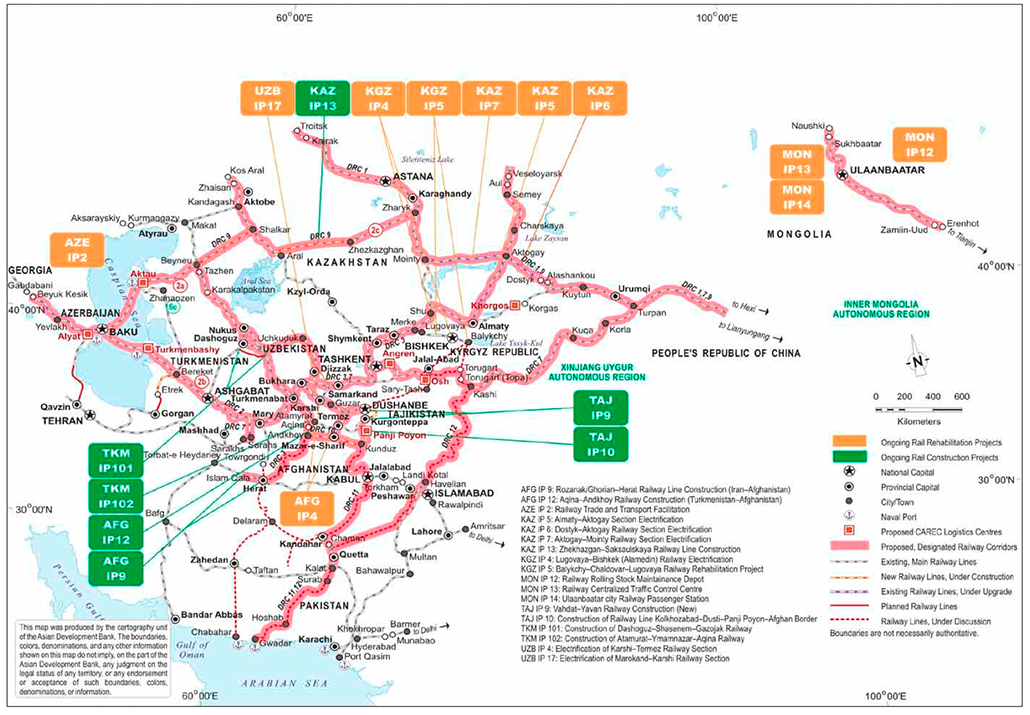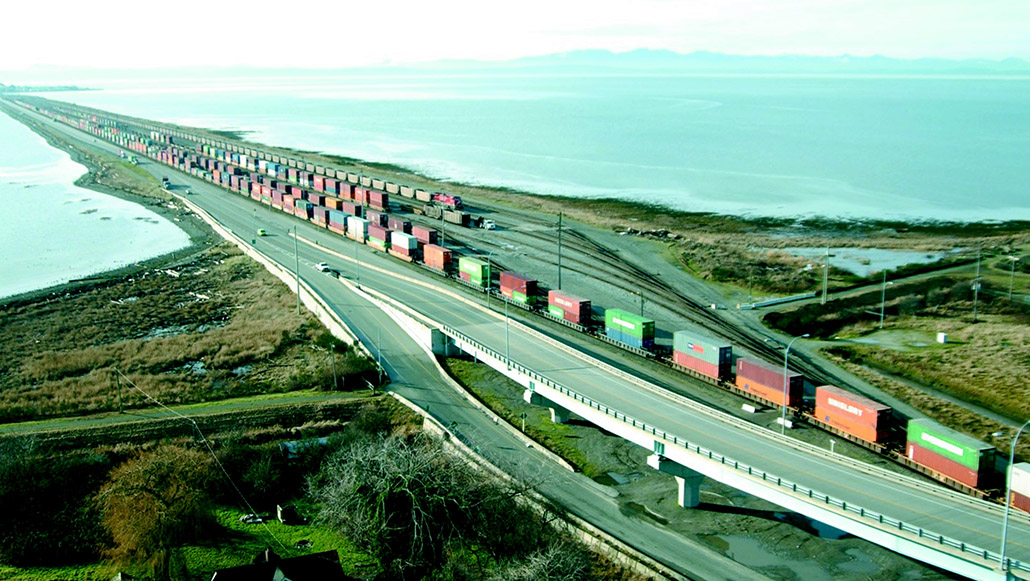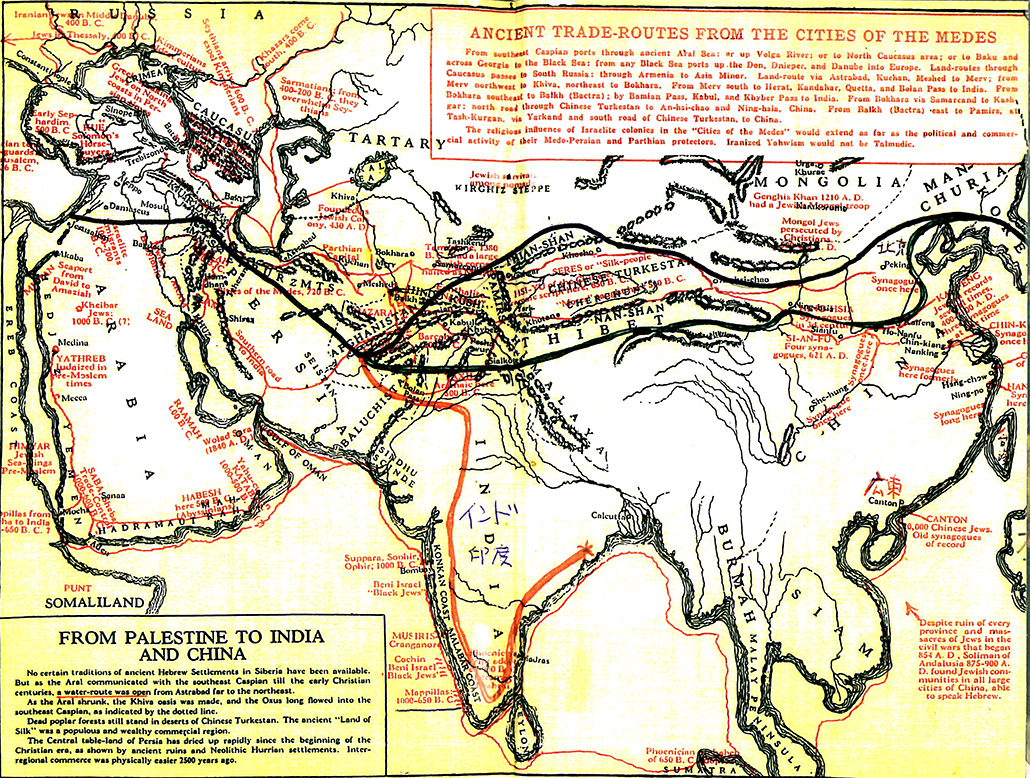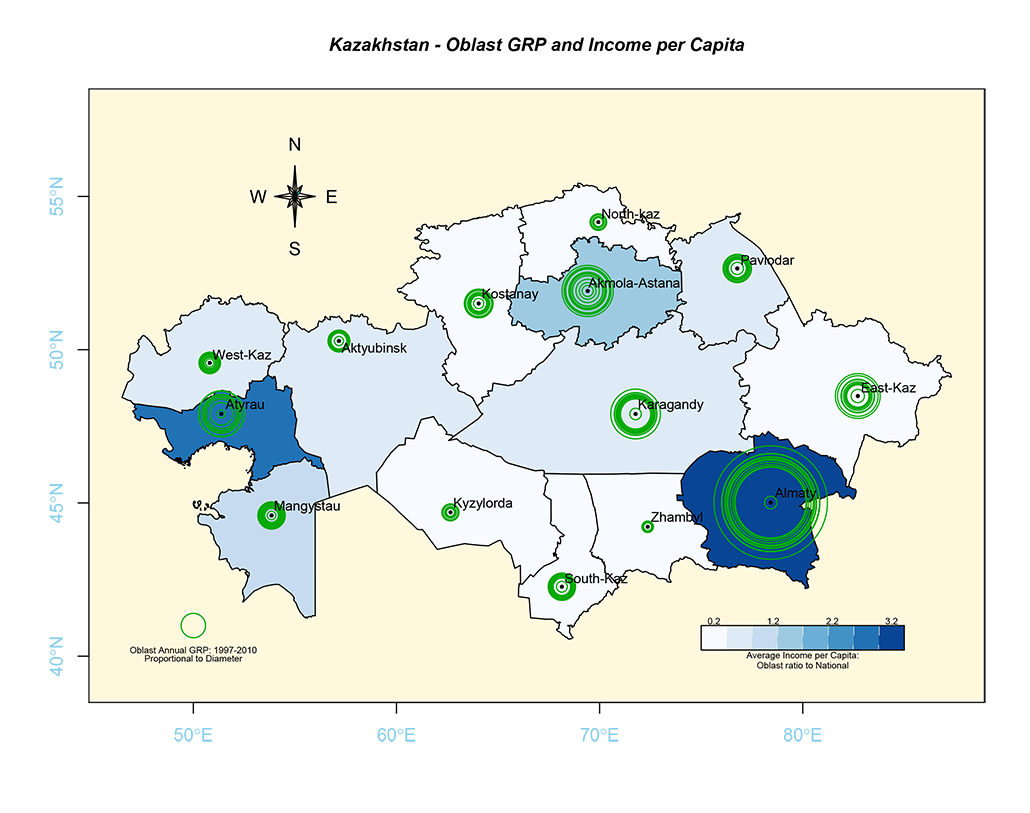Kyrgyz Economic Growth and Trade Facilitation in Central Asia
Place: Kyrgyz Republic • Dates: 2005-6 • Partner: ADB
Project Summary
This report evaluates the growth benefits for the Kyrgyz Republic of trade facilitation in the Central Asian Region (CAR). Using a long-term regional forecasting model, we evaluate the impact of estimated reductions in transport costs due to increased regional cooperation in transport and customs transit took place in 2006. In this case, cumulative growth of real Krygyz GDP would be 112.3% higher than in the baseline scenario. If both events occurred in 2006, cumulative growth of real GDP would be 150.2% higher than in the baseline scenario. By comparison, a 50% unilateral, nondiscriminatory, and uniform (across products) reduction in tariffs would speed up cumulative growth in real GDP over the decade by a relatively modest 27.6%.
While similar estimates for the other CARs are not yet available, some general qualitative assessments can be made. In particular, one can expect unilateral nondiscriminatory trade liberalization to have greater positive effects on Azerbaijan, Kazakhstan, Tajikistan and, especially, Uzbekistan because their tariffs are, on the average, higher than those of the Kyrgyz Republic. Tajikistan is likely to benefit even more than the Kyrgyz Republic from increased regional cooperation in transport and customs transit. The reason is that high transport costs and long and unpredictable transit times are a particularly serious trade barrier for Tajikistan.
Although the benefits of increased regional cooperation in transport and customs transit for Azerbaijan, Kazakhstan, and Uzbekistan are likely to be smaller than those for the Kyrgyz Republic and Tajikistan, one can still expect them to be considerable. This is because high transport costs and long and unpredictable transit times are a significant trade barrier for Azerbaijan, Kazakhstan, and Uzbekistan as well, albeit not as significant as for the Kyrgyz Republic and Tajikistan. Finally, Tajikistan and Uzbekistan are likely to gain more from a reduction in cotton subsidies in developed countries than the Kyrgyz Republic since cotton accounts for a larger share of their exports and GDP than those of the Kyrgyz Republic. In contrast, Azerbaijan and Kazakhstan would benefit less than the Kyrgyz Republic from a reduction in cotton subsidies in developed countries because cotton accounts for less than one percent of their exports and GDP.
Most Recent Entries

Low Carbon Biomass Conversion in the Sierra Nevada






